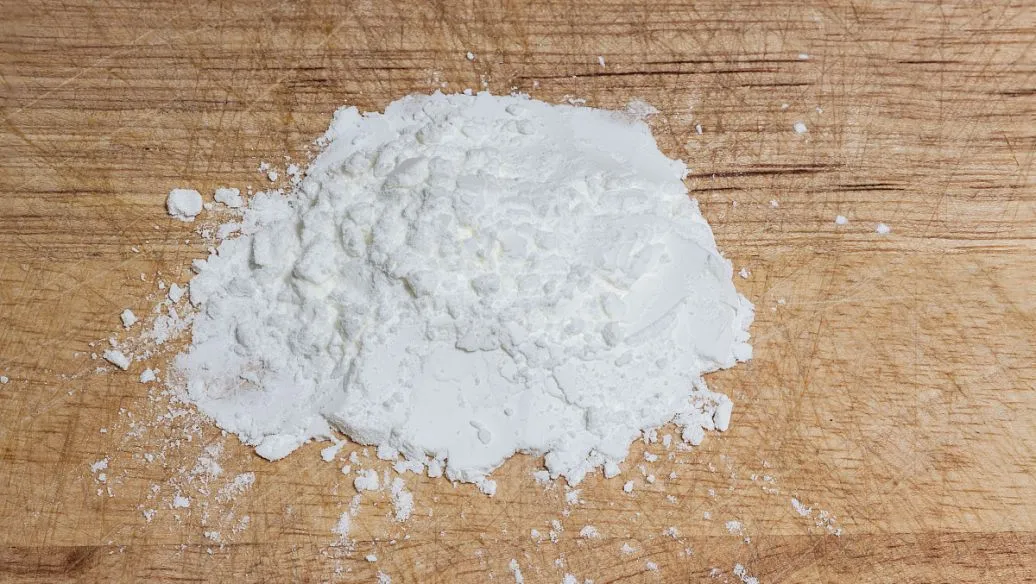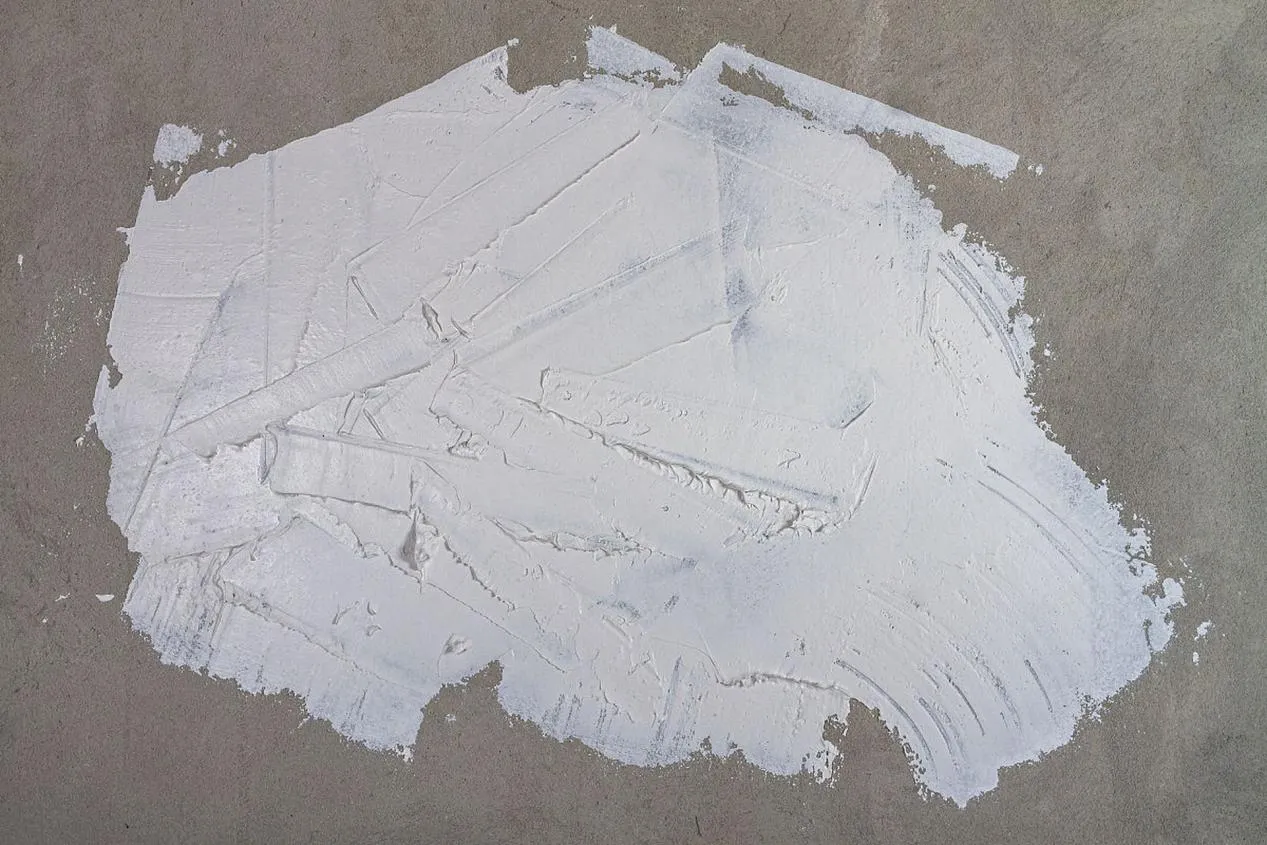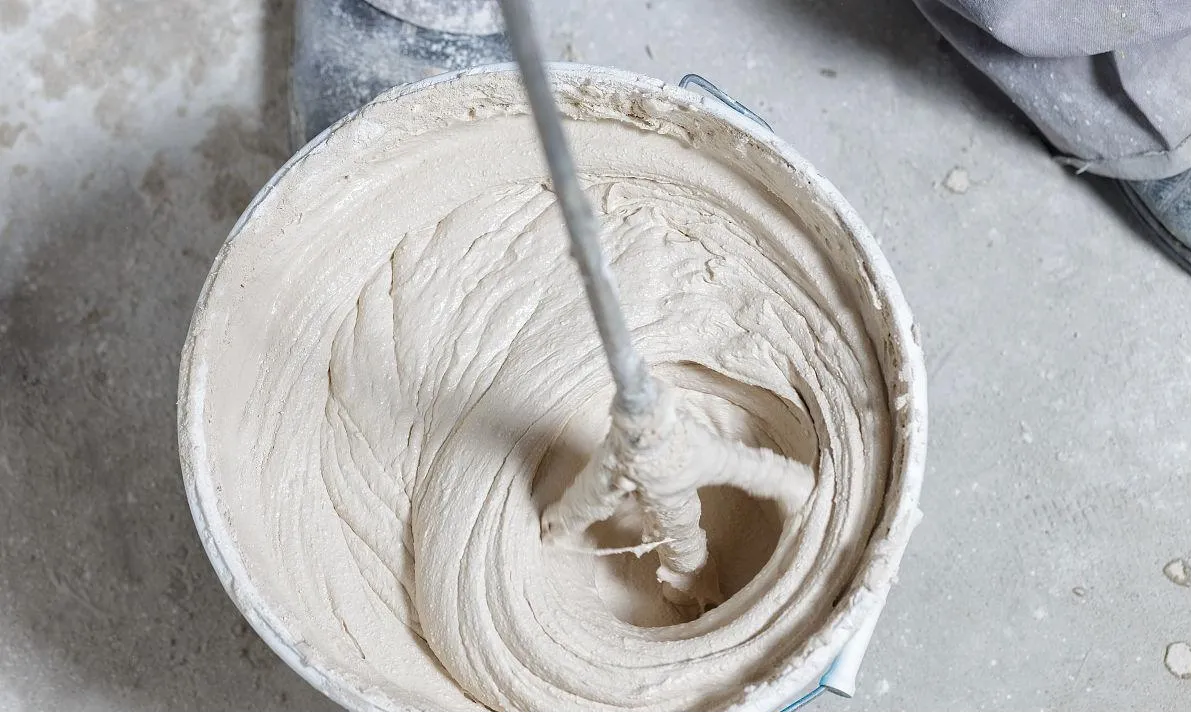
Enhancing Plaster Performance: The Role of Gypsum Retarder Chemicals
In construction and building materials, gypsum additives play a crucial role in modifying and enhancing the performance of plaster and wallboard systems.

Understanding Gypsum Additives and Their Importance
One key category of these additives is the gypsum retarder chemical, which is essential for controlling the setting time of gypsum-based products.
Gypsum, by its nature, sets quickly when mixed with water. While this rapid setting can be advantageous in certain scenarios, it can also limit workability, especially for large-scale applications. That’s where retarders in gypsum products come into play. These chemicals delay the hydration process, providing builders and contractors with additional time to apply, shape, or texture the material before it hardens.

Is Gypsum an Accelerator or Retarder?
It’s a common question: ยิปซัมเป็นตัวเร่งหรือตัวหน่วง? The answer depends on the context. Pure gypsum (calcium sulfate hemihydrate) naturally behaves as an accelerator due to its quick reaction with water. However, when specific gypsum additives such as gypsum retarder chemicals are introduced, its behavior changes, allowing for a delayed set time.
This delay is particularly valuable in plastering applications. For example, an ปูนฉาบกันชื้นเวลาพิเศษ allows craftsmen to work with plaster over extended periods without rushing. It also helps reduce waste, as the mix doesn’t harden prematurely. Professional products like USG plaster retarder are formulated for this very purpose—providing precise control over setting times while maintaining plaster quality.
Another popular option is a retarder for plaster that is compatible with both machine and hand-applied systems. These products can be adjusted to match ambient temperature and humidity levels, ensuring consistent performance across different working conditions.

Selecting the Right Retarder for Plaster
When choosing a retarder for plaster, it’s essential to consider application type, working time required, and environmental conditions. A high-quality gypsum retarder chemical will not compromise the final strength of the product, nor will it introduce undesirable side effects such as surface cracking or discoloration.
Among the most reliable solutions in the industry is USG plaster retarder, a well-known brand that consistently delivers precise delay control without affecting adhesion or durability. Other products offering ปูนฉาบกันชื้นเวลาพิเศษ properties can extend working time by 30 to 60 minutes or more, depending on dosage and formula.
Whether you're working on decorative molding, drywall finishing, or general plaster repair, understanding how retarders in gypsum products interact with your materials is key to achieving professional results.
FAQ: Everything You Need to Know About Gypsum Retarder Chemicals
1. What is a gypsum retarder chemical, and how does it work?
A gypsum retarder chemical is an additive used to slow the setting time of gypsum-based products. It delays the hydration process, giving workers more time to apply and finish the plaster without rushing.
2. Is gypsum an accelerator or retarder by itself?
By itself, ยิปซัมเป็นตัวเร่งหรือตัวหน่วง? It acts as an accelerator, setting quickly when mixed with water. However, when combined with specific gypsum additives, its setting time can be delayed to suit project needs.
3. What are retarders in gypsum products typically made of?
Retarders in gypsum products are often composed of organic acids, proteins, or complex salts. Common examples include citric acid, tartaric acid, and various commercial formulations designed for use in both hand and machine-applied plaster.
4. How is USG plaster retarder different from generic options?
USG plaster retarder is a trusted brand known for its reliability and performance. It offers predictable setting time extension without compromising the plaster’s strength, finish, or durability.
5. Can I use an ปูนฉาบกันชื้นเวลาพิเศษ in all types of plaster?
Yes, many ปูนฉาบกันชื้นเวลาพิเศษ formulations are versatile and compatible with various types of gypsum plasters. Always check the product guidelines for compatibility with specific mixes or applications.
-
Hydroxypropyl Starch as a Sustainable Construction AdditiveNewsNov.24,2025
-
The Gelation Properties of CMCNewsNov.21,2025
-
Redispersible Latex Powder and Water Retention CapacityNewsNov.21,2025
-
Dosage Control for Polycarboxylate Water ReducerNewsNov.21,2025
-
Film-Forming Properties of Polyvinyl AlcoholNewsNov.21,2025
-
The Function of Gypsum Additives in MortarNewsNov.21,2025





















